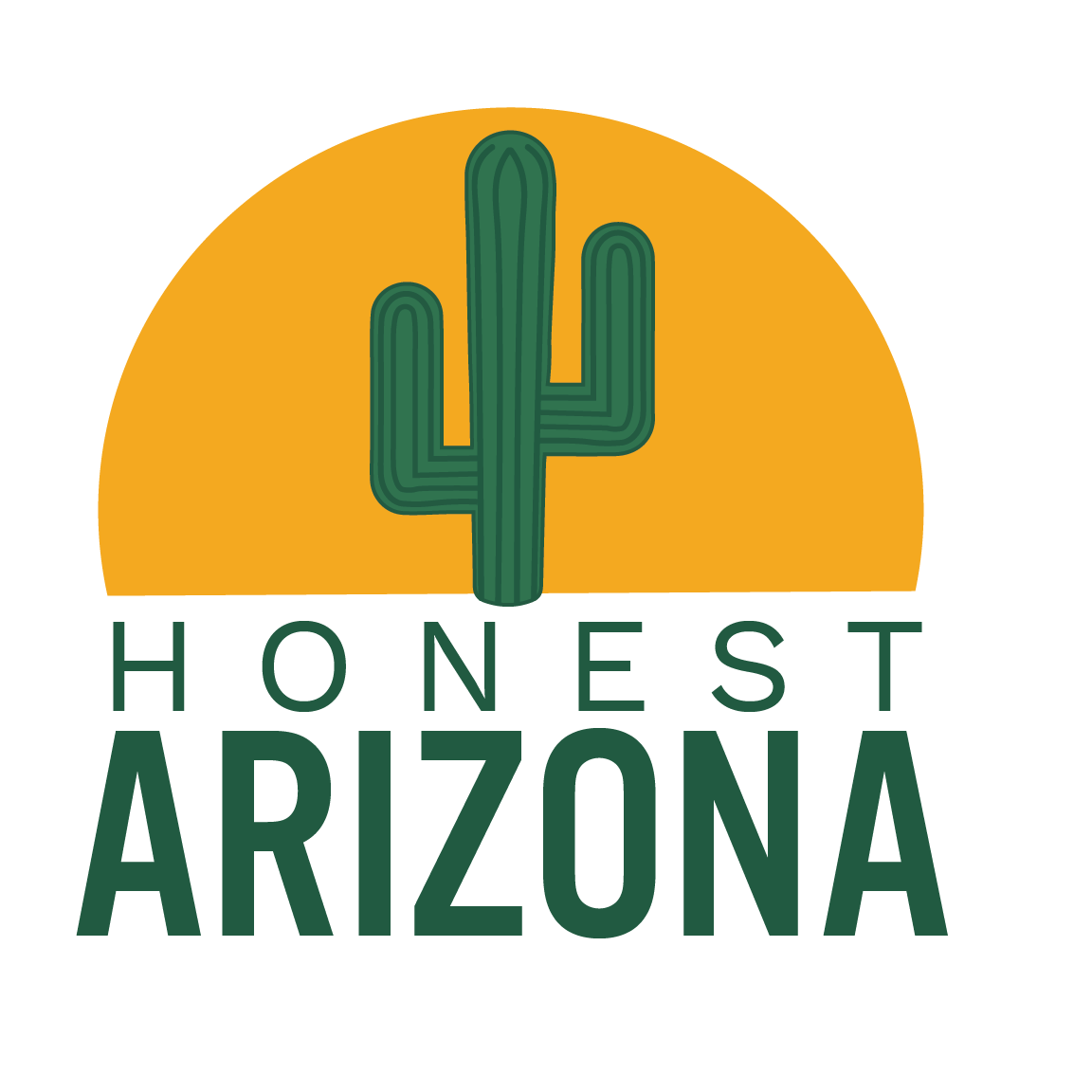After Two Years, Bipartisan Infrastructure Law Paying Dividends In Arizona
Congressman David Schweikert Voted Against the Law
PHOENIX — The Bipartisan Infrastructure Law, which was enacted two years ago today, is creating Arizona jobs and strengthening the state’s economy.
According to the Arizona Republic, thanks to the passage of the Bipartisan Infrastructure Law and the Inflation Reduction Act:
“The state is expecting $10.8 billion to be invested in new clean-energy factories making batteries and related goods, nearly all of which were announced after the two laws were signed. They are anticipated to bring 11,400 new jobs to the state if all are completed.”
Congressman David Schweikert voted against both laws, but was recently called out for being among the Republican lawmakers who have touted a project that was made possible thanks to the passage of those laws, despite voting against them.
“The investments from the Bipartisan Infrastructure Law are going to make a long-term impact in Arizona: helping us mitigate climate change, improve our roads and bridges, and create more good-paying jobs right here in the Copper State,” said Andrea Moreno, executive director of Honest Arizona. “Unfortunately, Congressman David Schweikert – and his Arizona colleague Congressman Juan Ciscomani – have voted for bills that would undermine the investments made by this law and hurt Arizona’s economy in the process. Schweikert and Ciscomani need to think about our state’s future and vote against legislation that makes these devastating cuts.”
Under the Bipartisan Infrastructure Law:
Arizona would receive a minimum of $5 billion to repair highways, and would also receive $225 million for bridge replacements and repairs so Arizonans drive over fewer potholes and spend less time in traffic.
Every Arizona airport would receive funds, totaling at least $360 million.
Arizona would receive at least $100 million to expand broadband coverage across the state, connecting rural and low-income communities and businesses to the internet.
The Southwest Ecological Restoration Institutes, including NAU, would receive $20 million to assist with forest restoration projects.
More than 150 water projects in Arizona and the greater Yuma region would be fully funded to remove lead pipes and shore up drinking water infrastructure.
Tribal communities would receive funding for sanitation improvements benefiting an estimated 15,000 homes on Navajo Nation, and thousands more in other Arizona tribal communities.
Arizonans will receive support to weatherize their homes, making them more energy efficient allowing impacted households to save up to $372 per year
Arizona would receive $883 million over a five-year period to improve public transportation options in the state where non-white communities are twice as likely to use public transit.
###
